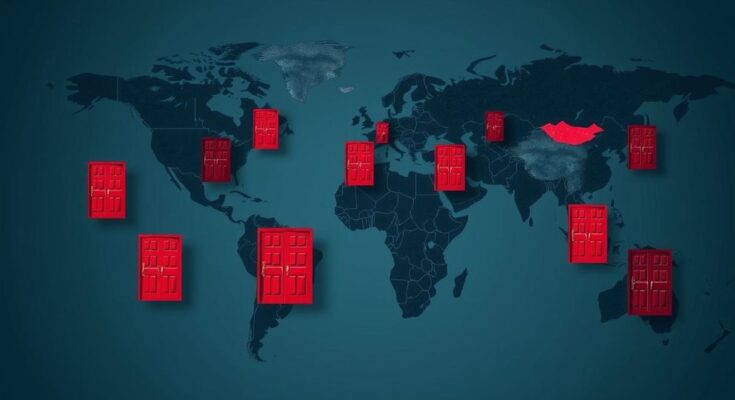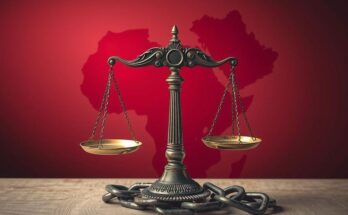The recent cessation of US aid has dealt a severe blow to independent civil society across the globe. Hospitals are left barren of medicine, and refugees go hungry. Human rights defenders, independent journalists, and anti-corruption activists now face a stark reality without support, accounting for funding shortages of 40-100%. While we strive to offer bridge funding to alleviate these pressures, the overall impact is alarming.
At the Centre for Human Rights and Democracy, we’ve prioritised bolstering essential human rights organisations. Following this unprecedented aid freeze, our focus has shifted to increasing financial assistance for those most affected, especially independent media that provide the only credible news for minority groups. Without this support, an entire segment of the population risks receiving a narrative dominated by Russian and Chinese interests, allowing human rights violations to go unchecked.
The repercussions are dire for civil society in totalitarian regimes, with journalists and activists in troubled nations like Cuba, Belarus, and Vietnam bearing the brunt. Funding cuts intensify the pressure on these individuals, diluting civil society’s ability to flourish or safeguard basic human rights.
Our initiatives, like the Lifeline Fund, have been instrumental in supporting 27 civil society organisations last year. This network has facilitated the relocation of activists and provided vital humanitarian assistance. However, with the Lifeline Fund’s termination, thousands are left without crucial resources, resulting in an existential crisis for these communities.
The stoppage of funding has led to a massive budget reduction for civil society in Eastern Europe and Central Asia, where median deficits hit 90% in some areas. Independent media face severe suppression, especially in Georgia and Moldova, jeopardising their critical role in democracy and electoral integrity. The situation in Belarus and Russia is particularly grave, as civil society struggles for survival amid hostile political climates.
In Central Asia, civil society organisations languish due to funding drops of up to 100%. Initiatives supporting vulnerable groups, especially LGBT+ communities, face unprecedented risks. In Egypt and Libya, budget cuts have hindered legal aid and humanitarian services for migrants and refugees, worsening their plight.
Southeast Asia has also encountered devastating staffing losses, with NGOs in Vietnam experiencing 50-60% funding cuts. Vulnerable peoples’ protection has been compromised, particularly in Thailand, where the perilous status of refugees has escalated.
Latin America struggles under the weight of funding cuts, with nearly all programmes for opposition organisations slipping away. Nicaragua’s independent media teeters on the brink of extinction due to financial strain, while human rights defenders in Guatemala find support for essential needs abruptly ceased. The ramifications echo across Central America, where organisations are forced to scale back dramatically due to unfathomable deficits.
This aid cessation resonates as a call to action. Without immediate intervention and alternative funding channels, both civil society and the crucial support for human rights defenders may collapse, leaving millions to navigate the daunting shadows of repression unassisted.
The cessation of US aid has severely impacted civil society globally, leading to funding deficits of 40-100% for independent media and human rights organisations. Critical support systems for journalists and civil rights defenders are eroding, threatening democracy and human rights in numerous authoritarian regimes. The termination of programs like the Lifeline Fund heralds an existential crisis, imperilling the survival of activists and vulnerable communities worldwide.
In summary, the termination of US aid is creating a wave of despair for independent civil societies worldwide. As funding dwindles dramatically, human rights defenders and media outlets are left vulnerable, unable to provide essential support amid rising repression in various regions. Immediate action is needed to restore funding crucial for sustaining democratic processes and protecting fundamental human rights. The ongoing crisis represents not just a funding issue, but a pressing humanitarian catastrophe, requiring urgent and thoughtful responses from the global community.
Original Source: www.peopleinneed.net



